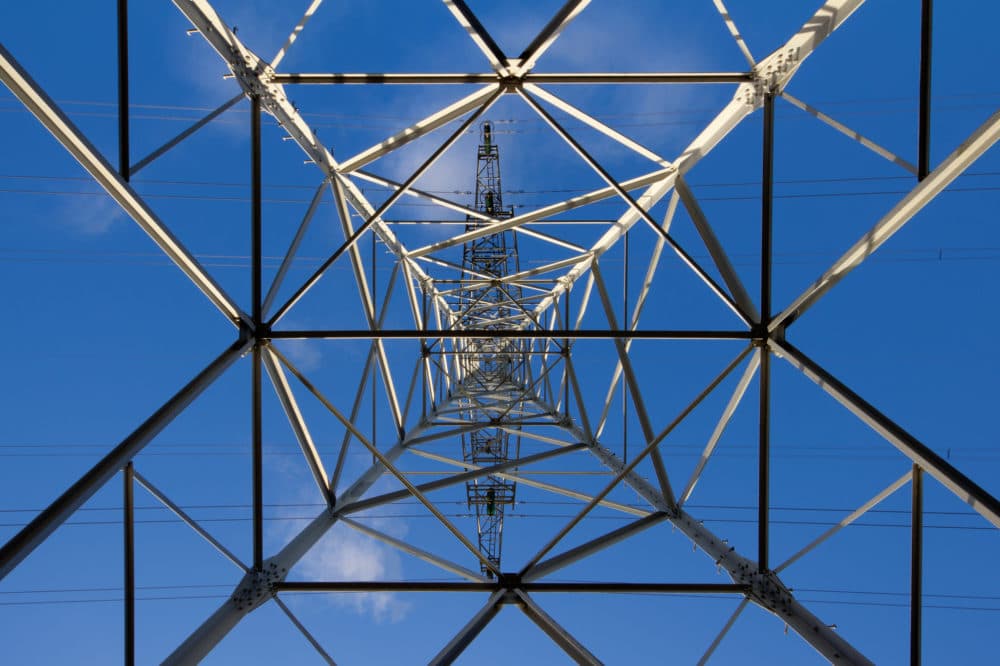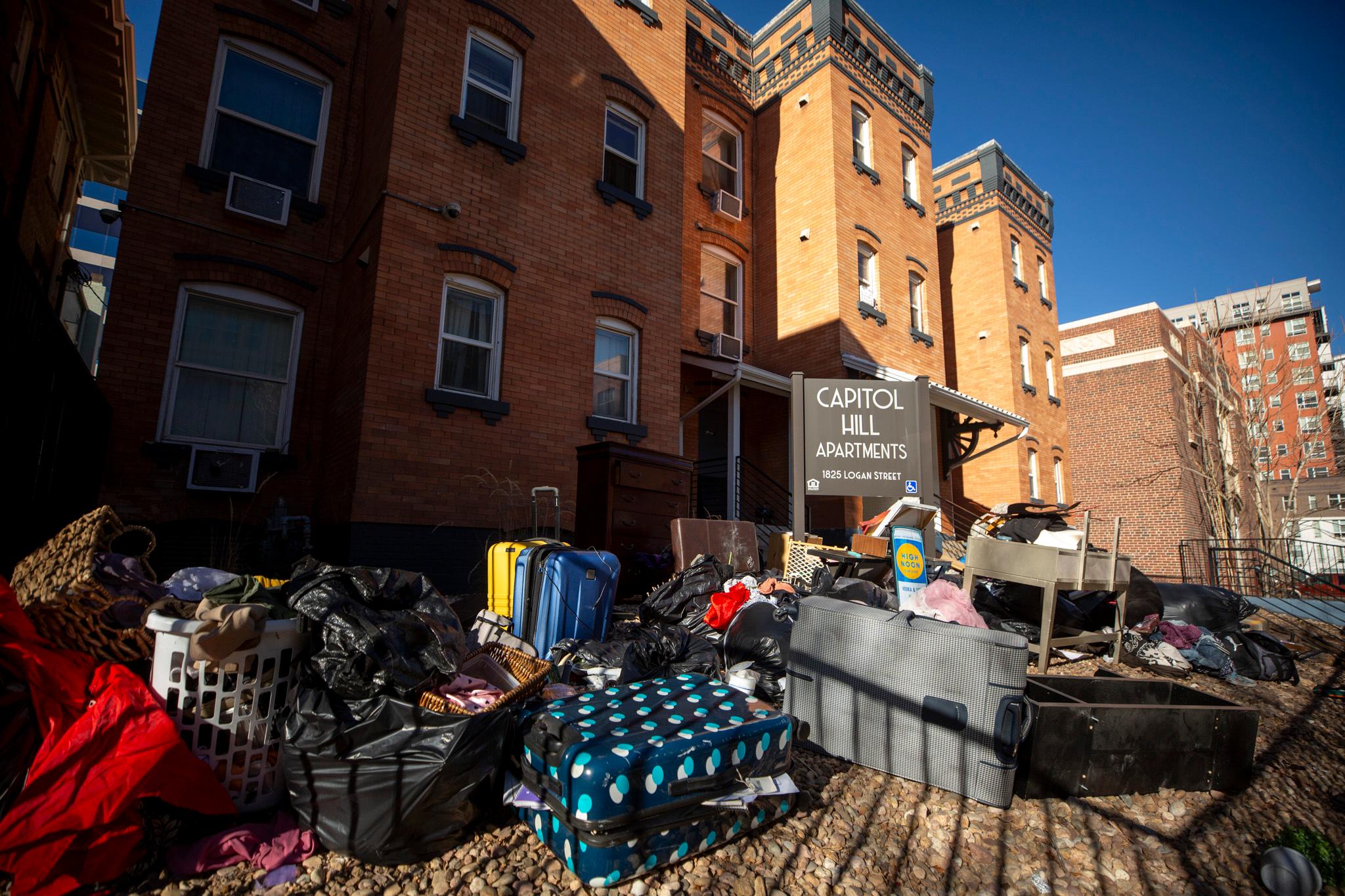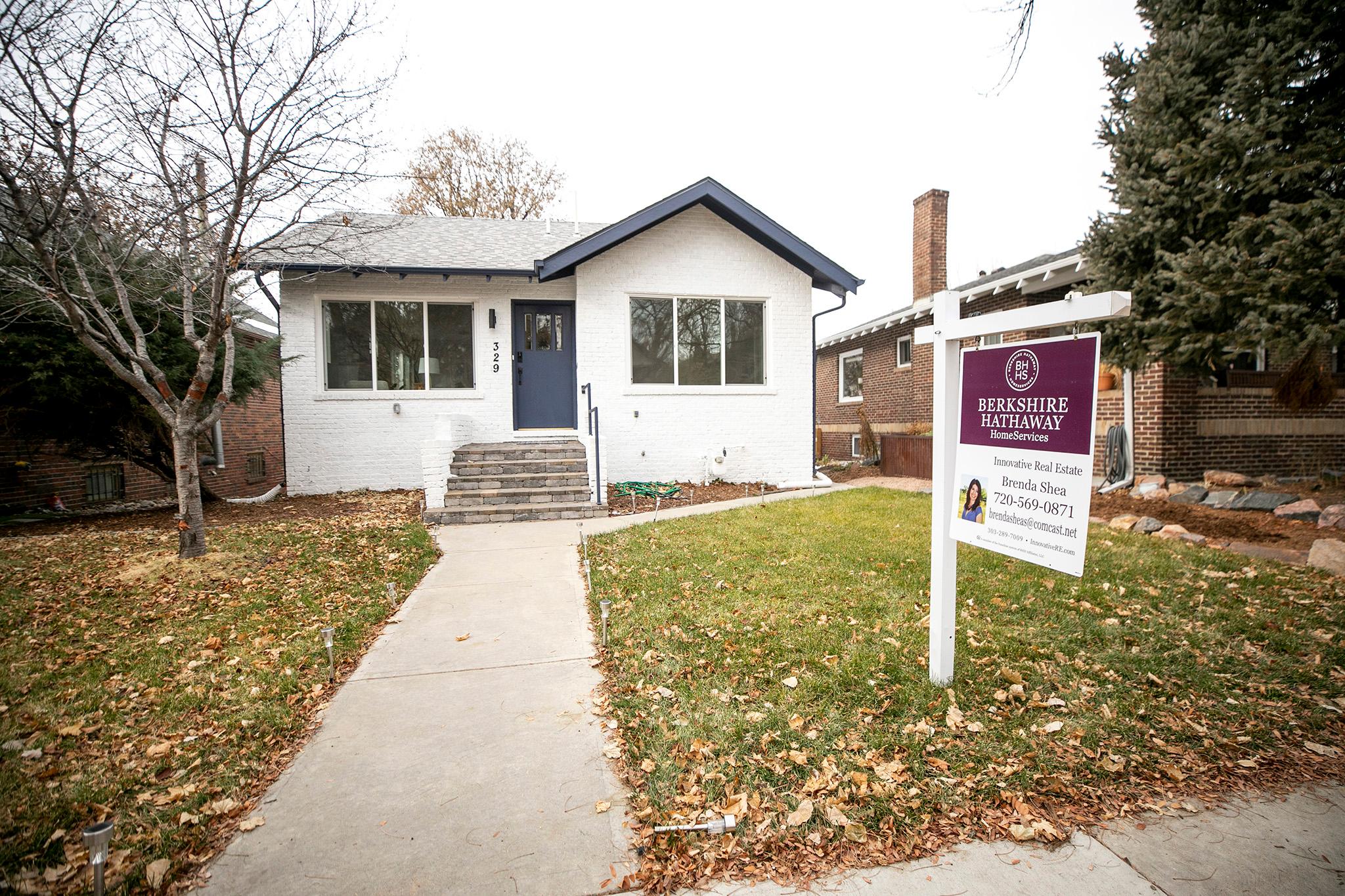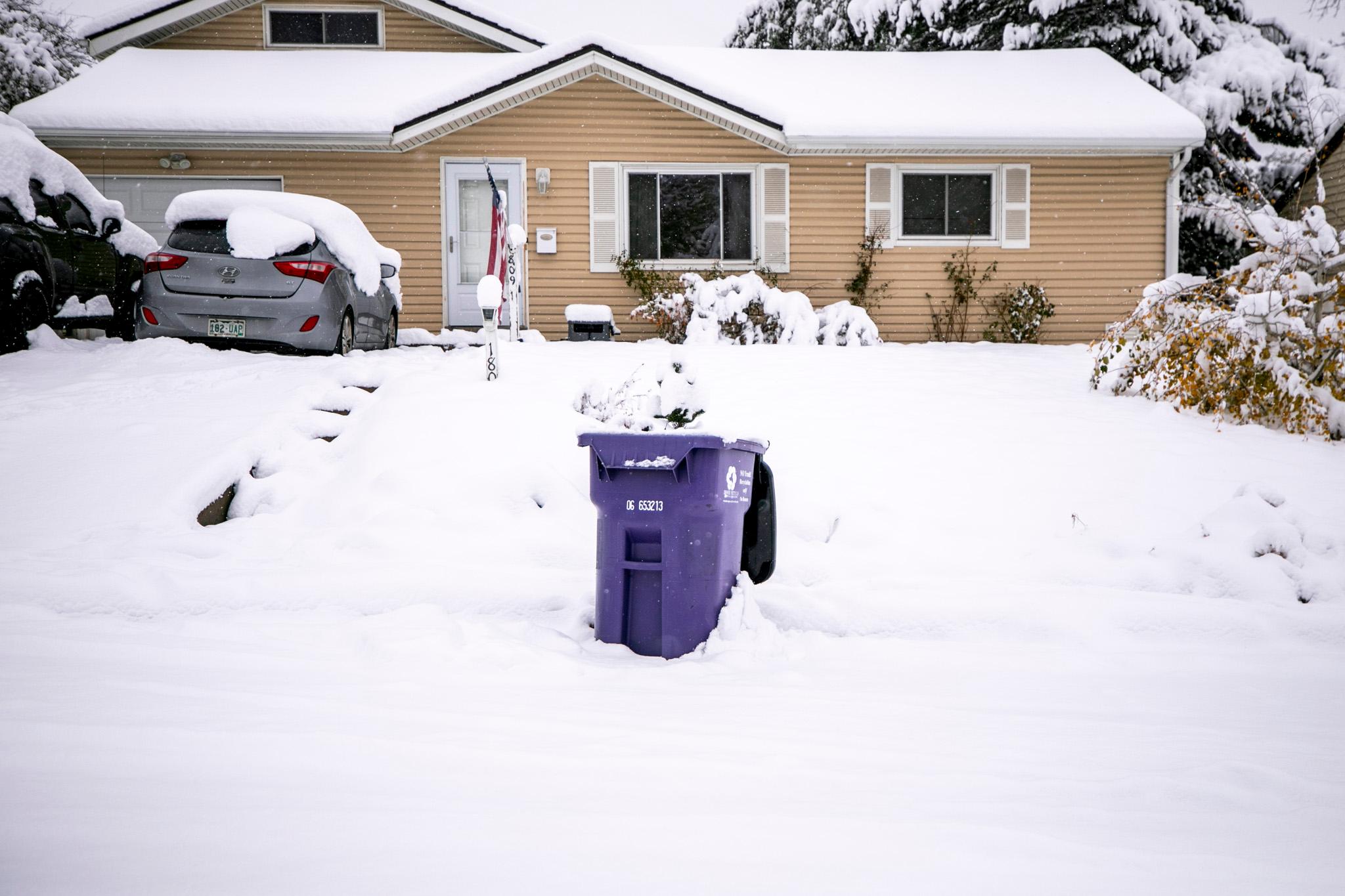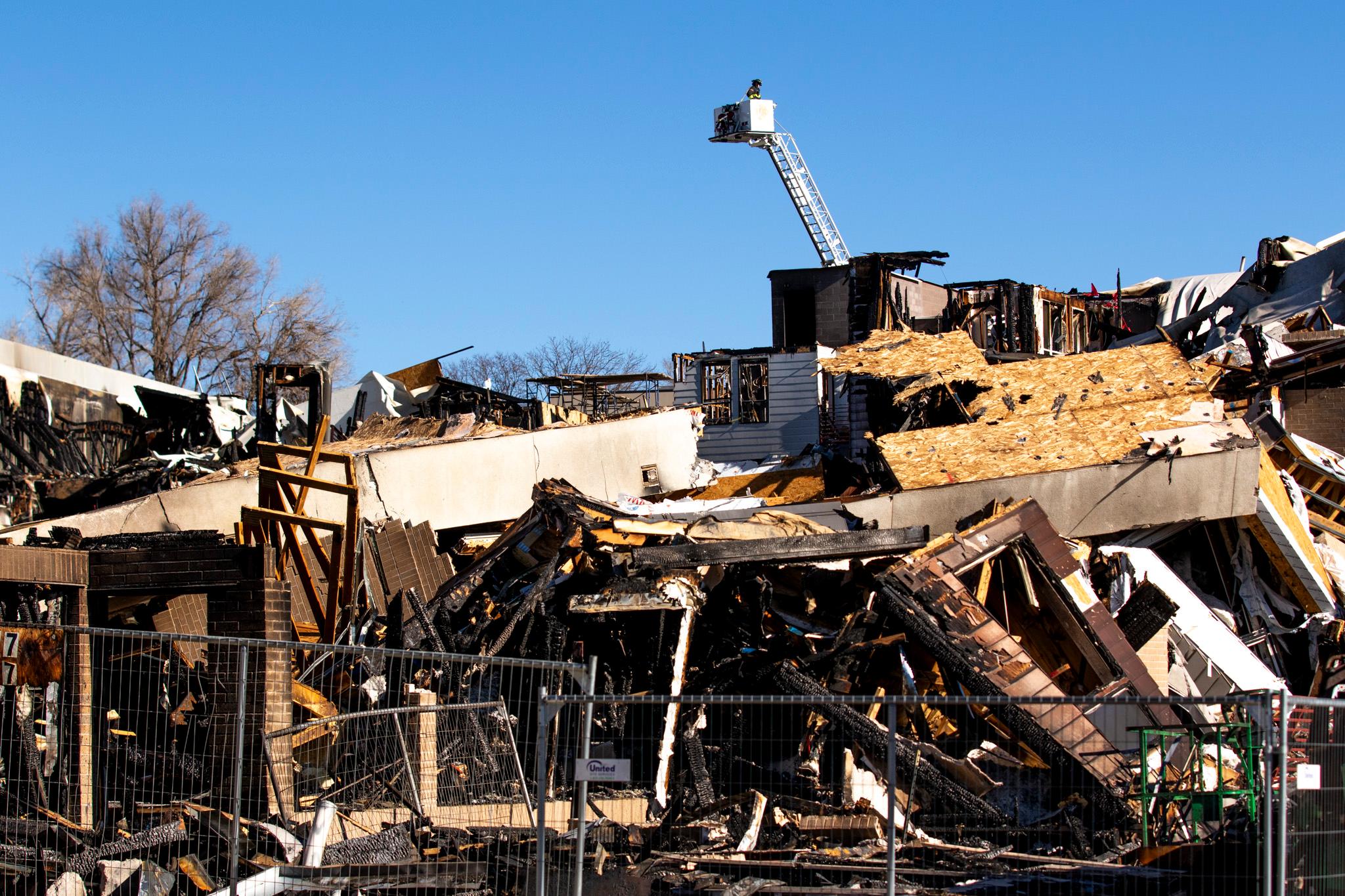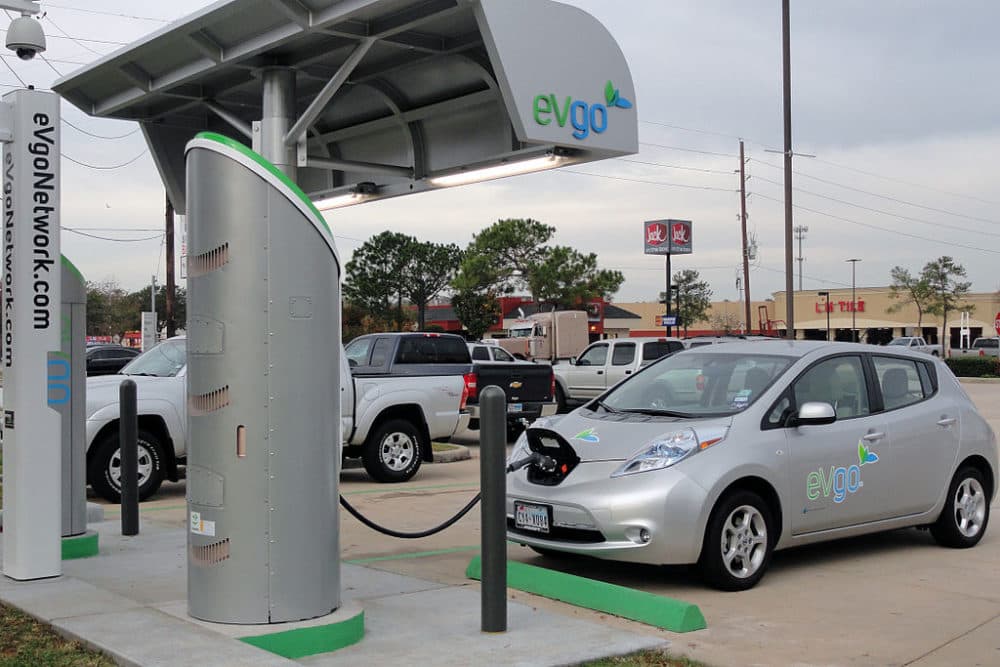
There are about 55 public places where you could charge an electric car around Denver. Many of the fastest ones are terribly inconvenient.
With a wave of new money and interest arriving for electric vehicles, though, the city is trying to make sure that Denver's next couple hundred vehicle plugs are much more useful.
Here's the plan -- and why it's going to matter sooner than you think.
Denver's imagining a new EV network.
"A lot of the fast chargers that are out there right now aren’t necessarily in the best location," said Tyler Svitak, energy and transportation administrator for Denver, referring to the high-level chargers that can provide substantial juice in just 20 minutes.
"A lot of them are at auto dealerships that installed them to service the cars they’re selling. People don't want to go to an auto dealership to charge their car."
Svitak recently headed up a city study on electric vehicle strategies, which was reviewed and approved for release by the Mayor's Office.
The goal is to get ahead of surging electric vehicle sales, which rose by 60 percent worldwide in 2016.
It's an especially important question because the Denver area is expected to get 300 new electric vehicle charging plugs through Electrify America over the next two and a half years, according to city staff. (That's the $2 billion program Volkswagen has to fund because they cheated on emissions tests.) Denver doesn't get to decide where those will go, but city officials will have some influence.
"We want to get ahead of that curve. We know that the adoption spike is coming," Svitak said. "You can look at this as a roadmap for all of the investment that’s coming."
Like transit, chargers might be most useful in dense areas.
There are three kinds of electric chargers to consider here.
First, you can simply plug a car into a household outlet, which can take almost a full day for a full recharge. That's "Level 1."
Next, there's the "Level 2" charger, which can add perhaps 20 miles of range in an hour of charging. Those are most useful near workplaces, parks, retail, grocery stores and homes -- places where people stay for a while. Denver has several dozen of these clustered around parking garages, public facilities and even the occasional Walgreens.
In order to keep these coming, the city report proposes that Denver require apartment builders to include the special wiring and space required for a charging station. (The report was funded by Regional Air Quality Council, by the way.)
Denver already requires that single-family homes and duplexes are "EV ready," but a similar proposal for the commercial code previously was shot down, Svitak said. Boulder, Salt Lake City and numerous cities in California already have special EV requirements in their building codes.
Then, there's the chargers that are faster than you might expect.
These "DC fast chargers," or Level 3 chargers, currently can add 50 miles to a current car in about 20 minutes, and the latest technology might go even faster.
Electric vehicle owners most want to see these fast chargers installed along highway corridors, where they could put mountain destinations more safely in range, according to the report. Svitak also thinks they would be useful along busy city roads.
"We need a higher density of them around the transportation corridors," Svitak said. "We're looking at major boulevards –– Federal, Broadway, Colfax -- for potential fast-charging stations."
There's a reason we don't have many chargers yet.
Fast-charging stations aren't cheap.
Building one that is "future proof" -- meaning it can evolve to be faster and better with new technology -- is estimated to cost $170,000 in urban areas and $200,000 near highways, per the city report. That would pay for a station that could eventually handle 400 kW charging, compared to the 50 kWs that some of the fastest stations offer today.
The state of Colorado provides some funding for this stuff -- up to $16,000, depending on the type of charger -- but it "doesn't go a long way, especially when you're talking about more developed fast-charger sites," Svitak said.
"The state could use the Volkswagen dollars to help do that."
Another challenge is that the charger business is not very profitable at the moment. A fast-charging station along the highway will lose $10,000 over 10 years, even after installation costs, while an urban charger will lose $40,000, according to the city study.
The high costs also are partly due to the way we buy electricity. Utilities charge extra fees during peak usage hours. Those extra charges might make up 76 percent of the power bill for a station on the Xcel grid, the city reports.
One way to make stations more profitable would be to convince utilities to offer special rates for those chargers -- or even to invest in the stations themselves.
Currently, many fast chargers are operated or subsidized by Tesla, BMW, Nissan and other companies that are trying to convince consumers to leap into the market. Svitak thinks that electric utilities might be interested in funding the next wave of stations, though they're somewhat limited by state regulations.
"Utilities are facing a huge issue in the long term for load growth," he said. With increasingly efficient homes and appliances -- and the threat that abundant renewables will drive down prices -- electric utilities are looking for new ways to sell electricity.
"Electric vehicles offer a huge opportunity for them to gain in load growth."
But are electric vehicles actually good for the environment?
That last point reminds me of a criticism you often hear of electric vehicles: They rely on a lot of the same environmentally destructive energy and materials sources as gas-powered autos.
As Wired recently pointed out, production of electric vehicles requires the mining of rare metals -- but, the analysis adds, so does the production of regular cars. Also, companies are finding clever ways to recycle some of the more toxic parts of the car, such as the battery.
There's also the question of what ultimately powers the car: If your grid runs on coal, then so does your electric car.
However, Colorado's also doing pretty darn well at adopting renewables. Renewables made up 24 percent of the state's electricity production this March, the eighth highest share for any state.
A new electric vehicle in Colorado will emit 30 percent less greenhouse gas compared to a gas-powered vehicle, even accounting for the production of the vehicle and its power, the city report found.
By 2025, the EV will emit 49 percent less greenhouse gases than the gas burner, according to the city report. Electric vehicles also emit 99 percent fewer volatile organic compounds, among other improvements, the study found.
"This looked specifically at the Denver metro and the Xcel energy grid," Svitak said.
What do you think?
Should the city invest directly in EV infrastructure, or require more of it from developers? How easy is it to drive an electric in Colorado? Email me.

